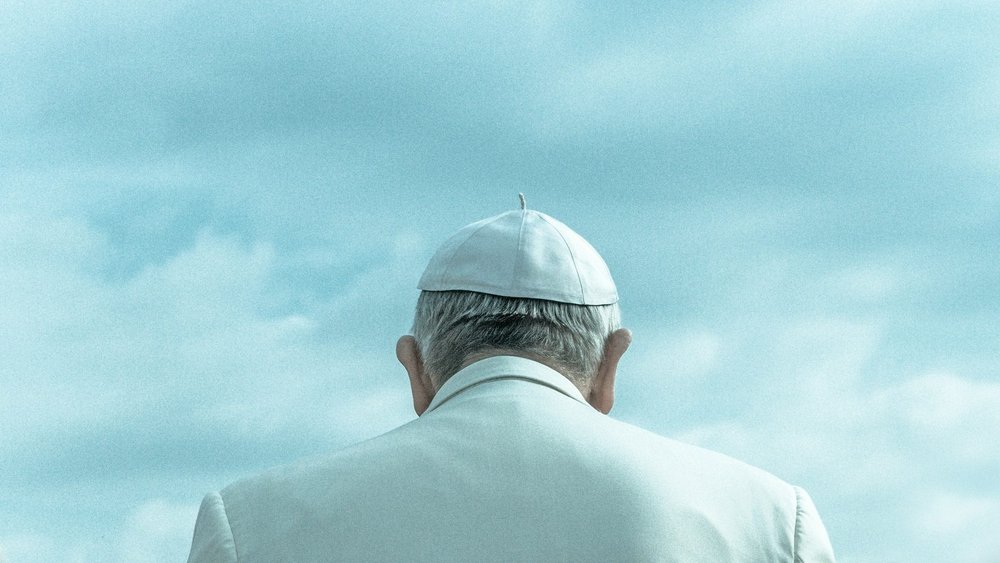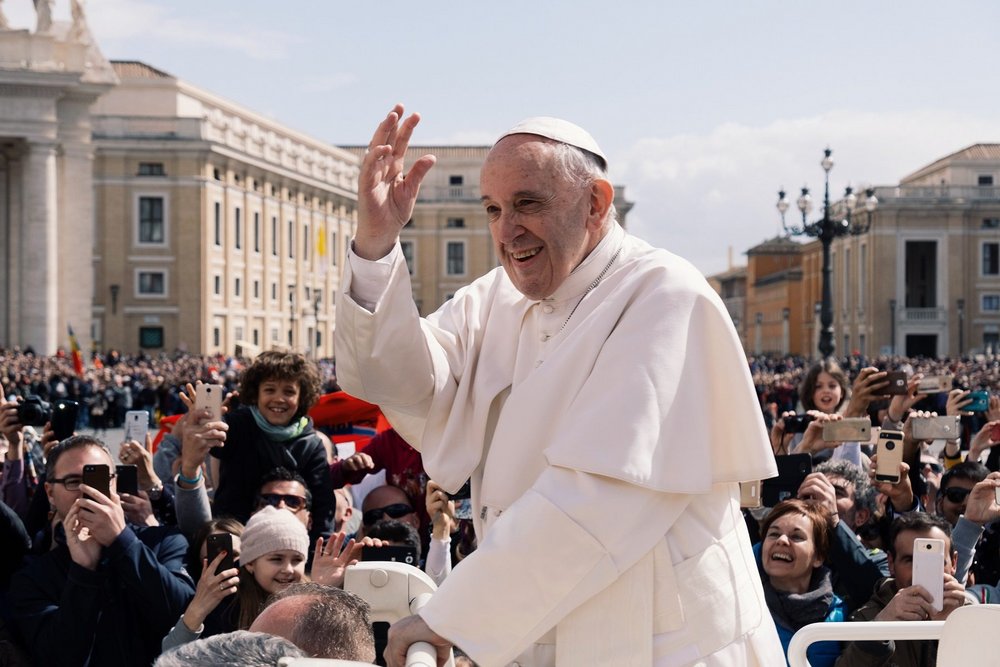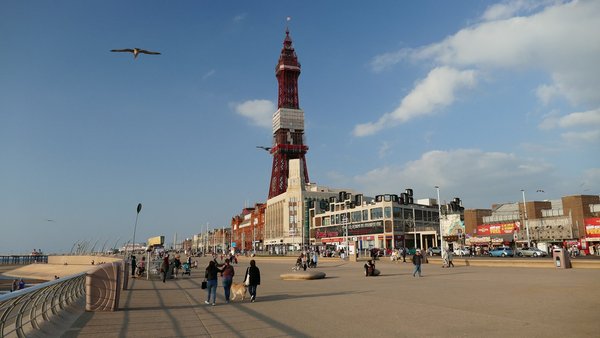Cancel Culture: a problem for the Pope but not brands /
A new report suggests brands rarely suffer financial fallout from online firestorms
James Swift
/
Photo by Nacho Arteaga on Unsplash
The Pope may have misgivings about cancel culture but a new report suggests brands have little to fear.
Market research company Forrester reviewed more than 40 supposed brand cancellations over the past 10 years and found most suffered ‘negligible financial impact’.
And brands that did suffer financial consequences – most commonly in the form of slowing customer growth, or dips in revenue or stock price – tended to return to growth once the news cycle had moved on.
Forrester gave Target as an example of a brand that suffered tangible consequences and then quickly recovered. After losing some 40 million credit and debit-card records to hackers in 2013, the retailer suffered a 46% YOY drop in profit in Q4 but ‘bounced back to growth by the time it reported its 2014 financials’.
According to Forrester, the effects of cancel culture are predominantly felt within social media, where ire burns hot but soon fades. Kellan Terry, global head of communications at Brandwatch, says in the report that a social media backlash typically only lasts ‘between two to four days’.
A survey of CMOs at business-to-consumer companies in the US, conducted by Forrester in August 2021, showed a slim majority (57%) of marketing executives are sanguine about cancel culture, believing threats to boycotts brands ‘have no material impact’ on sales.
Consumers in the US and UK who responded to another Forrester survey said they were most likely to cancel brands that intentionally engaged in unethical business practices or mistreated employees.
Claimed data like this is difficult to trust, especially when the questions concern the respondents’ morality, because people are likely to give answers they believe paint them in a positive light. But there were a couple of responses in Forrester’s survey that were interesting on their own merits. For instance US respondents were far less likely than their UK counterparts to say they would boycott a brand that has ‘racist or offensive origins’.
And we have nothing but respect for the honesty of the 24% of US respondents and 27% of UK respondents who admitted that all a brand needs to do to redeem itself after a transgression is offer them a discount.

Photo by Ashwin Vaswani on Unsplash
Forrester’s report comes after Pope Francis railed against cancel culture in his address to the Vatican’s Diplomatic Corps on Monday 10 January, calling the phenomenon ‘a form of ideological colonisation’ that ‘leaves no room for freedom of expression’
In its report, Forrester defines cancellation as: ‘A widespread public campaign (often via social media) to hold a company accountable for the consequences of a perceived wrongdoing.’
This is an accurate but broad description that doesn’t convey the specific character of cancel culture – as it is often invoked – as a way to ostracise people and organisations that fail to uphold progressive values.
You can read more about Forrester’s report, Cancel Culture Is Loud, But For Most Brands, It’s Just Noise, here
Want more of the same? /
We don’t just write about best-in-class campaigns, interviews and trends. Our Members also receive access to briefings, online training, webinars, live events and much more.







